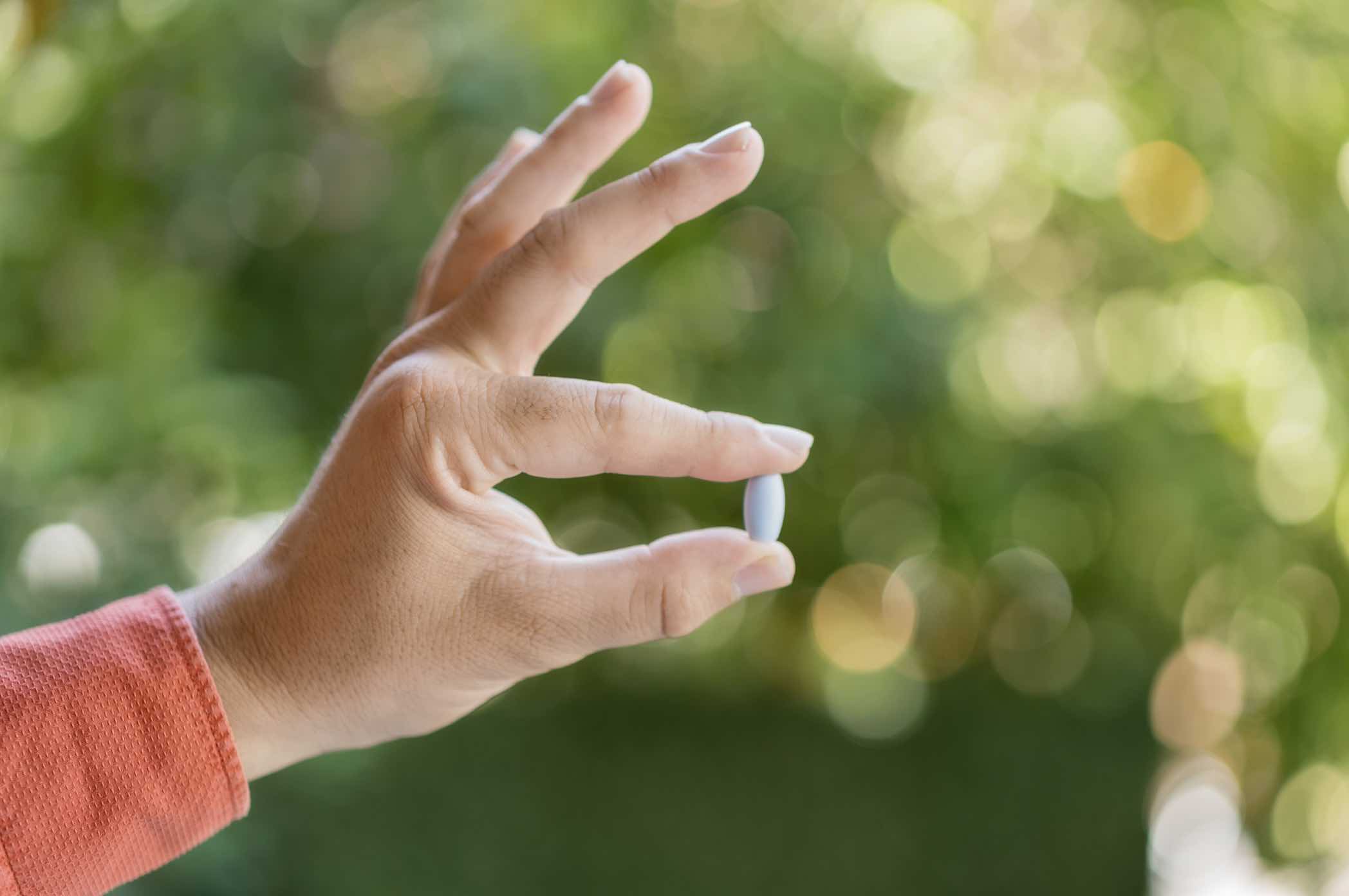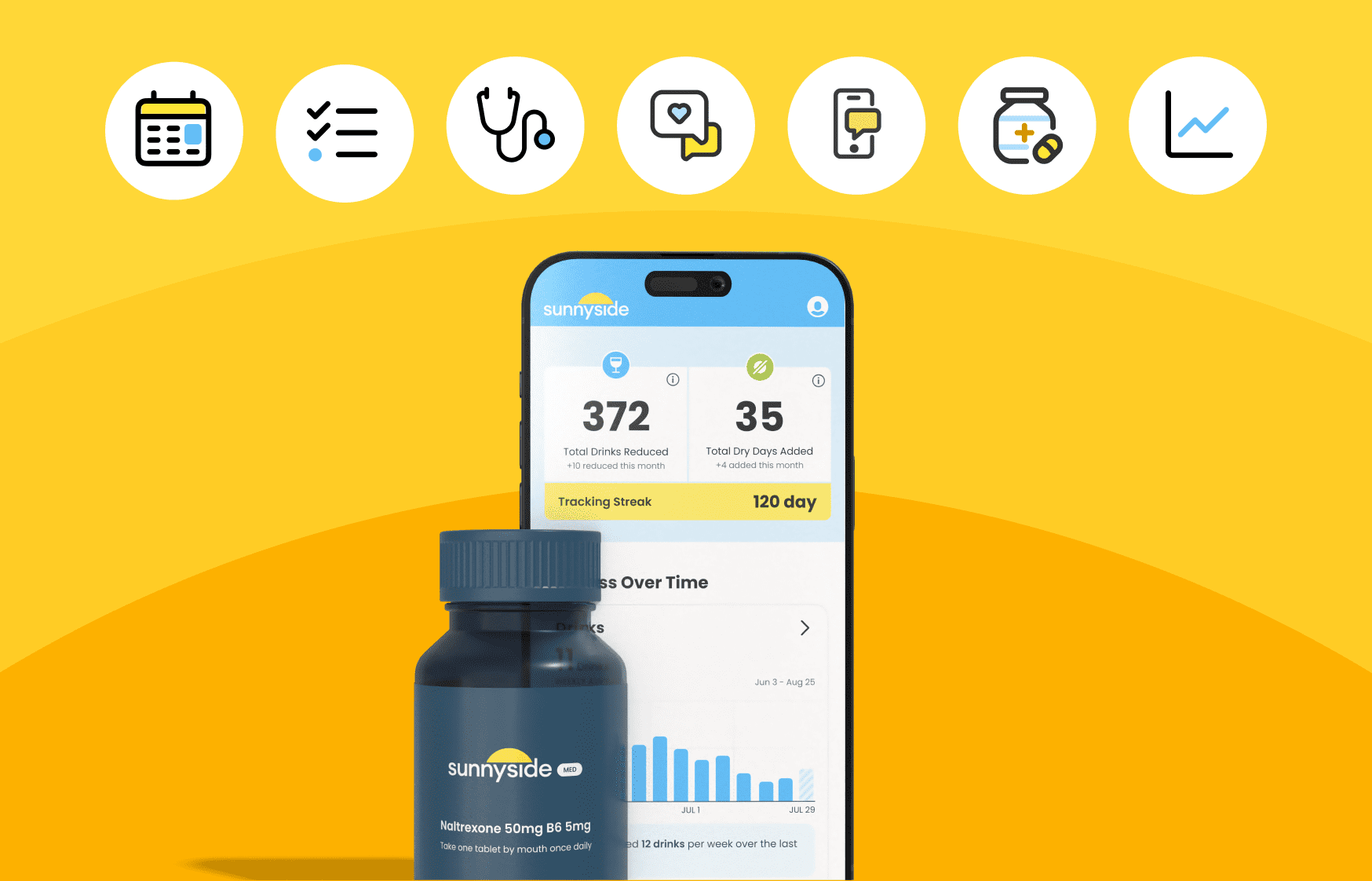Last Updated on May 15, 2023
Have you ever experienced the recurring cycle of trying to stop drinking once you’ve started?
You pour yourself a glass of wine, and tell yourself you’ll stop after just one. You take a seat on the couch, turn the TV on, and the next thing you know you’re polishing off your third glass.
When we aren’t being mindful about our alcohol consumption, it’s easy to fall victim to our own subconscious habits.
In fact, 47% of American alcohol drinkers want to cut back, but less than half actually manage to reduce their alcohol consumption.
Also, check out the following video on taking control of your binge drinking.

How to Approach Cutting Back on Alcohol
If you’re serious about cutting back on your alcohol consumption, the first step is to set concrete goals around how much you plan on letting yourself drink in a given day or week.
With Sunnyside, every Sunday we text you a new recommended plan of what your weekly drinking targets can be. You can adjust these goals to fit your own lifestyle and needs, but by having a plan, you’re taking the first step towards accountability.
That being said, occasionally you might feel a trigger to bend the rules a bit, and it becomes difficult to want to stick with your progress. If this happens, try not to stress out and ask yourself these questions:
- Do you begin to negotiate and compromise with yourself as your peers cheer you on to keep drinking?
- Do you find your will power waning as the little voice in your head eases up and agrees with you on putting back just one more drink?
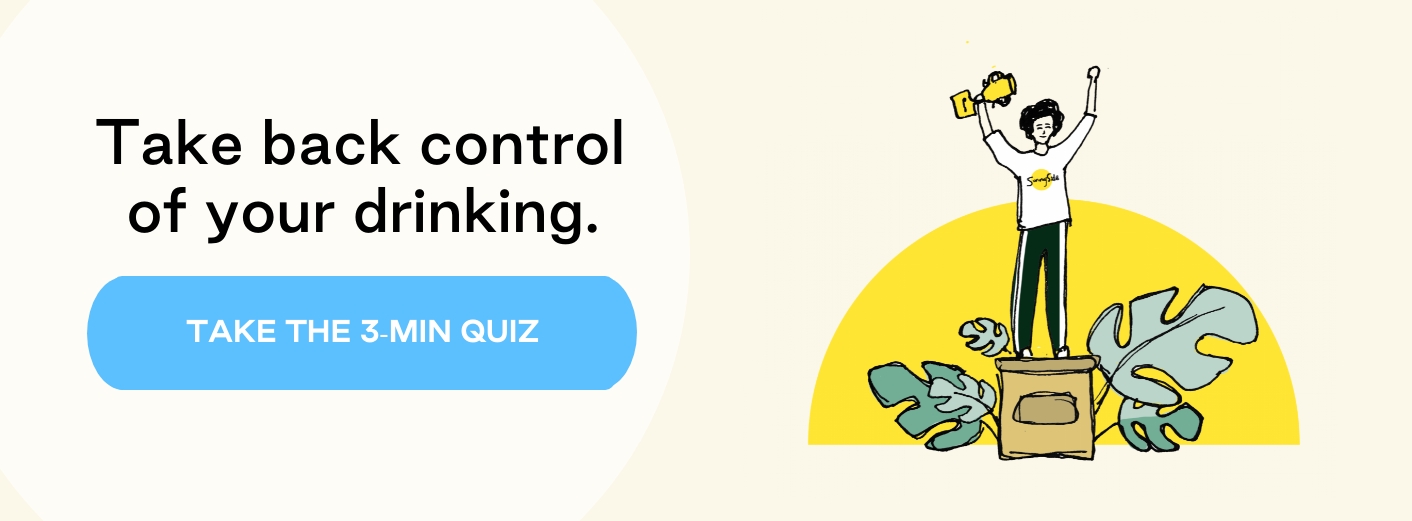
With time, your commitment to drink less alcohol transitions into negotiations like:
- “I deserve to enjoy this night.”
- “It’s just one cocktail.”
- “I am on vacation in an exotic destination and will regret not trying this beverage.”
- “It’s Saturday, and I haven’t gotten drunk all week.”
- What is the harm from just one more drink?
Following a particularly rough night (or streak of nights), do you wake up feeling groggy, exhausted, and frustrated for not sticking to your commitment of cutting back?
Rather than letting these feelings get the best of you, it’s important to recognize that alcohol is in fact an addictive substance.
After all, alcohol has strong effects on your brain, and increases your endorphin production (the hormone that makes you happy, relieves pain and reduces stress), so it’s not surprising that stopping to drink once you start can be well…tricky.
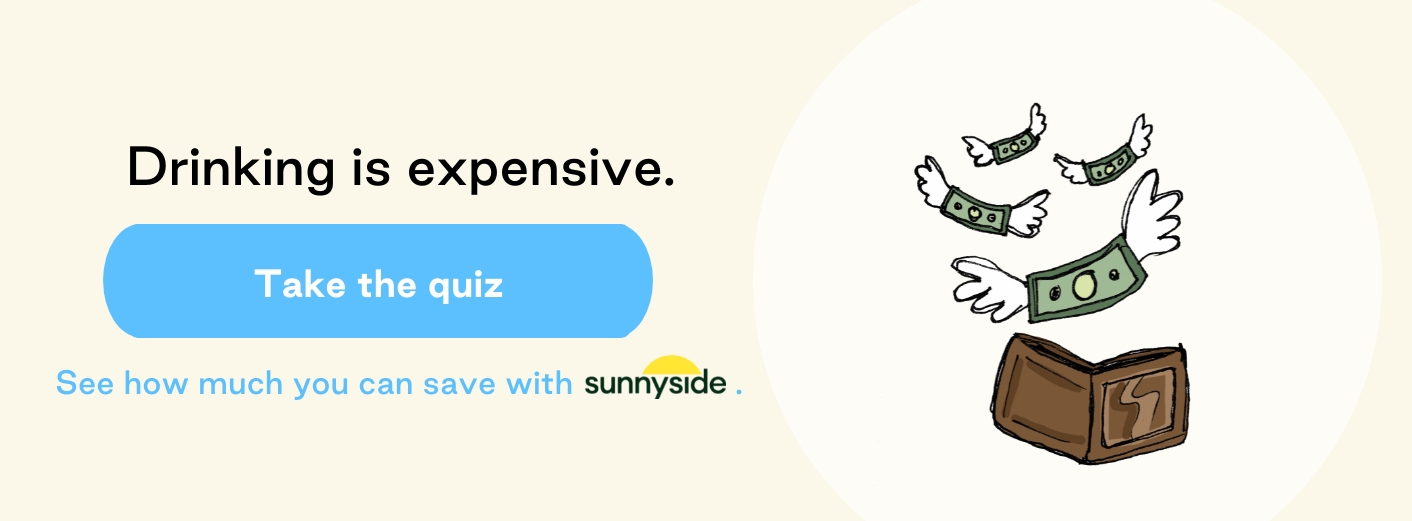
Is Alcohol an Addiction or a Habit?
Determining if your relationship with alcohol is one based on addiction or habit can be perplexing and overwhelming. The boundaries are gray since both arise from repeating behaviors. Both involve the relationship of cause and effect.
In the case of addiction, although you cannot always predict the outcome of your behavior, you continue to repeat the behavior as if you have almost no awareness of your actions.
An addict has almost no control over their desire to engage in the actions repeatedly. Even when alcohol addiction negatively affects your relationships, career, health, and quality of life, someone who is addicted is unable to gain control over and stop drinking for long-term success.
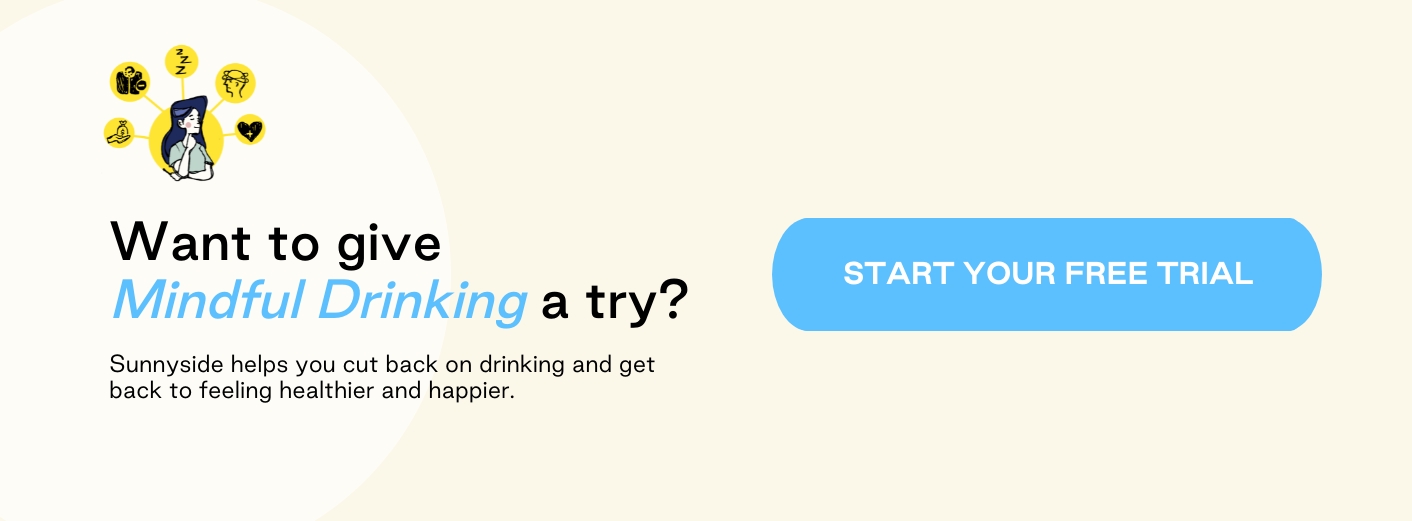
Automatic Actions
We are naturally drawn to habitual patterns as repetition creates comfort and familiarity. A habit is a tendency or usual manner of behavior that we have performed so often that we now do so subconsciously.
On average, we need to repeat a specific tendency for 66 days for the new behavior to become automatic.
Habits are actions triggered automatically in response to contextual cues associated with their performance. For example, automatically washing our hands is the action followed after the contextual cue of using the toilet. Putting on a seatbelt is the action after the contextual cue of getting into the car.
What are your contextual cues for drinking alcohol? Do you tend to drink alcohol when unwinding and decompressing, repeating a habit, stressing, celebrating, feeling bored, sensing social pressures, surrounding yourself with others, or during other triggering occasions?
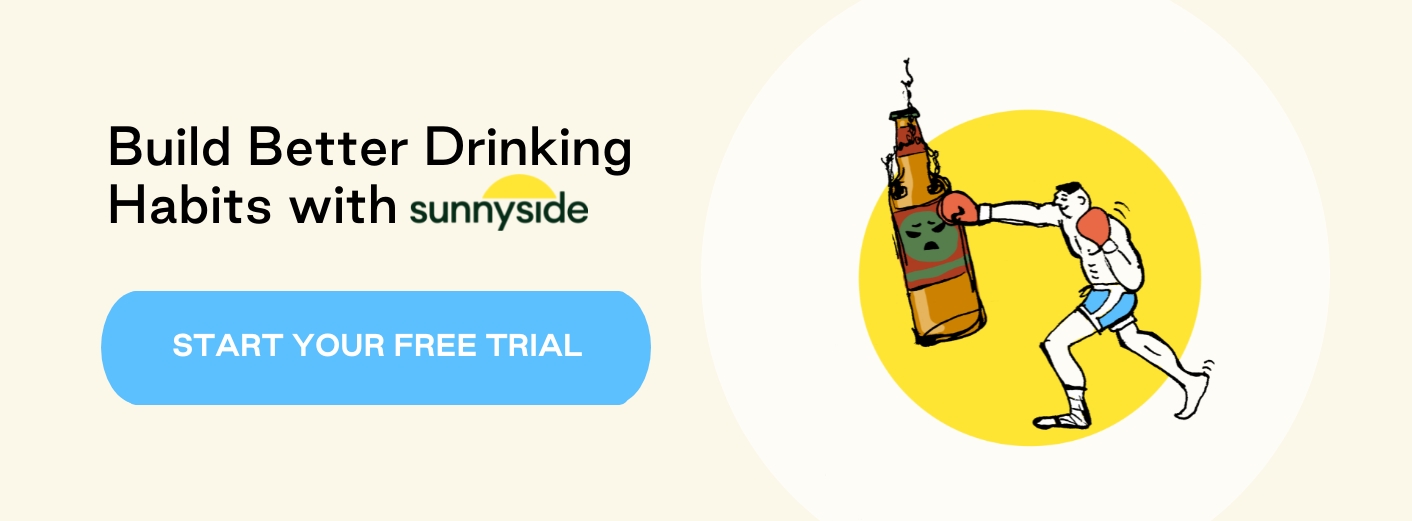
Pleasure-Seeking Patterns
Habits that induce pleasure are especially challenging to break as the behavior prompts the brain to release dopamine.
Dopamine is the neurotransmitter associated with pleasure, motivation, and learning. Pleasure-seeking patterns can create neural pathways in the brain, connecting the relief of negative emotions with craving and impulsive desire.
Furthermore, habits are likely to persist even after our conscious motivation or interest dissipates.
Habitual behaviors can take a dark turn and develop into addictions. While harmless in moderation, any conduct that successfully, consistently, and physiologically numbs emotions, trauma, or depression can develop into an addiction.
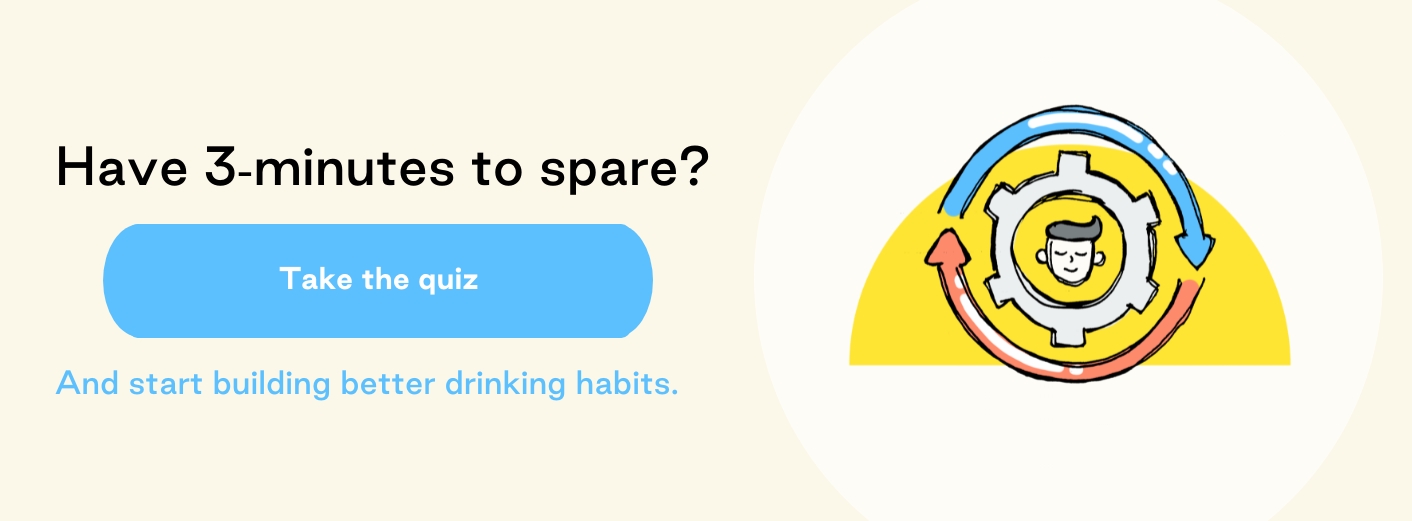
Ask yourself the following questions to assess how strong your habits are around alcohol consumption:
- Is drinking alcohol negatively impacting any aspect of your life?
- Do you repeatedly put yourself in risky situations when drinking?
- When you stop drinking for any length of time, do you experience withdrawal signs and symptoms?
- Have you taken steps to hide your drinking?
- Have you repeatedly, but unsuccessfully, tried to stop drinking on your own?
If you answered yes to these questions, you likely experience addiction to drinking alcohol, but there are still behaviors and practices you can take on to improve your drinking habits.
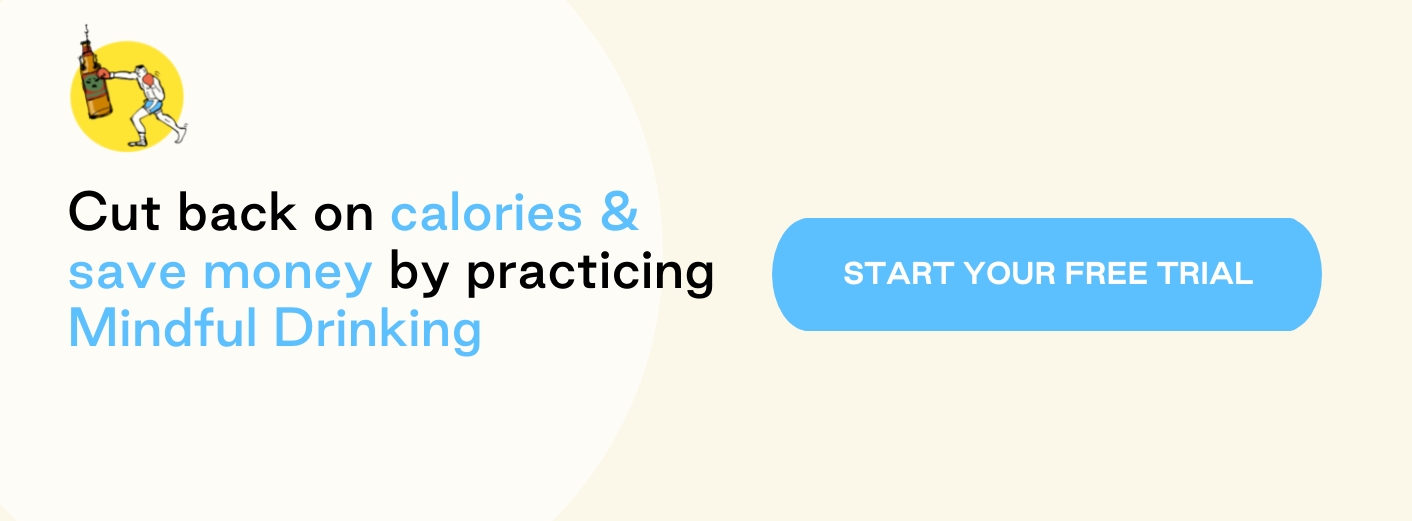
Modifying Behaviors
Changing habits and addictions requires mindfulness, intentionality, persistence, and planning ahead to overcome triggers and challenges.
Severe addiction demands integrative, long-term planning to treat withdrawal signs and symptoms.
Breaking a habit, even if it’s a very strong habit that requires you to change strongly rooted behaviors, can take between 18 and 254 days, according to a study by the European Journal of Social Psychology. To modify our behaviors, we can form healthier habits while embracing stepwise changes.

Design the Big Picture
As we set out to transform and elevate, we need to modify our ways. Sometimes, change needs to happen gradually as we develop sustainable systems.
Investigate Your Why: What Invokes Fierce Emotions?
We must first dig deep into unlocking our ultimate powerful why and root causes. Our why should energize us to become unstoppable.
Our why is our north star and guiding light that empowers us to channel resilience.
To investigate our powerful why we can follow the 5 Whys methodology.

Question: Why do you want to cut back or stop drinking?
Answer: I want to cut back on drinking because I want to become healthy.
*Your first why may not be the epiphany you seek, so dig deeper.
Why is that problem occurring? Why is it imperative to stop that problem?
Make sure your answer is grounded in facts. What facts or evidence prove the concern is a problem and is occurring/could occur?
Question: Why do you want to stop drinking to become healthy?
Answer: When I drink, I eat unhealthy food. I wake up feeling nauseous, dizzy, and lethargic. I am not interested in my morning meditation and exercises. I waste most of the day lounging around on the sofa or bed. I feel sad, anxious, and stressed. Alcohol also harms my quality of sleep, liver, hormones, and reproductive health.
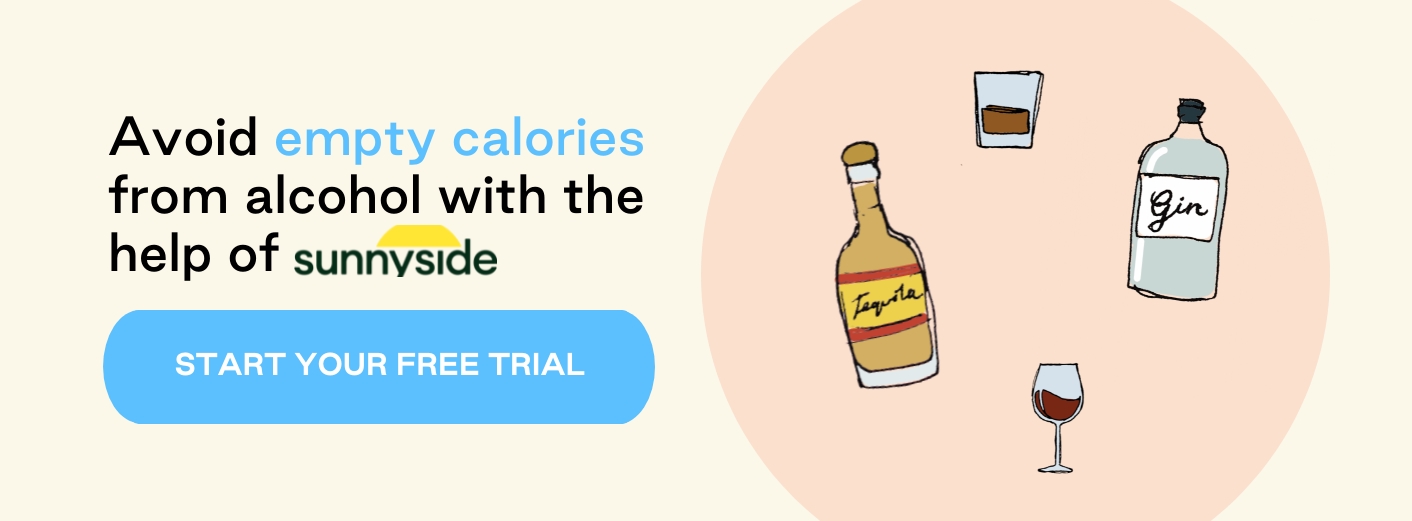
Continue digging deeper to uncover the root cause of the problem. Often, you may need to dig a few layers deep to unveil your powerful root causes.
Question: Why do you want to avoid these unhealthy feelings and decisions?
Answer: I tend to be more focused and productive in my professional and personal life when I feel well and live an active, healthy lifestyle.
Question: Why is it important to be focused and productive?
Answer: When I progress towards my personal and professional goals, I feel that my actions align with the entrepreneur, wife, daughter, sister, friend, and mother I dreamed of becoming.
Question: Why is it essential for my actions to align with the person I want to be?
Answer: When my actions align with my values and the woman I aspire to be, I feel like I am developing a life I will proudly reflect back on. What I do now influences my family’s future. My life and consequences are no longer just about me. They are about my family, husband, and children.

Dig deeper to explore your true values and what is more important than that second or third glass of wine.
Are they more important to you than enjoying alcohol? What are the pros and cons of reducing drinking? Do the pros outweigh the cons? Are you willing to accept responsibility for the consequences if you do not stop drinking? How will the future you feel, think, and reflect about the decisions you make now to continue drinking or stop drinking?
Your why should fiercely energize you, equip your life and perspective with powerful meaning, and refine the focus on why you want to drink less.

Focus on Small Changes for Sustainable Habits
As you embrace the path to change your drinking habits, consider the following practices to overcome drinking urges.
Focus on habits you can control like nutrition, physical activity, sleep, healthy stress coping techniques, and mindfulness practices. Seemingly-smaller changes will lead to sustainable habits and positive long-term results. Focus on what you can enjoy instead of what you cannot.
For instance, a small habit might be to use a smaller glass when pouring your first drink so you’re not as inclined to over-pour.
It might be taking a 5 minute walk outside in between drinks to give yourself time to decide if another glass is actually what you want.

Recognize the Cues
A habit has three parts: a cue, routine, and reward. Cues are what motivate us to engage in a behavior.
If you are trying to modify your drinking behavior, then driving past your favorite bar may be a trigger for you. By learning about your triggers and routine, you can intentionally modify your behaviors and train yourself to avoid and overcome the triggers.
Share Your Why
Share your why and what you hope to gain with select friends and supportive relatives. They can help with accountability and remind you about your why. Your actions and decisions may encourage others to become sober curious and stop drinking.

Surround Yourself with Individuals Committed to Healthy Lifestyles
Surround yourself with people who practice a healthy lifestyle. It’s always easier when you have peers encouraging and holding you accountable. Discover the enchanting world of creating non-alcoholic beverages with these supportive friends.
Keep conversations flowing to distract yourself from drinking. Communicate openly that you’re trying to cut back with the peers who drink excessively and may pressure you to do the same, especially in settings where drinking is likely to occur. They should support and encourage your healthy decisions.
Relinquish from Peer Pressure
Relinquish yourself from the urges and pressures. When someone urges you to drink, that is on them and about their relationship with alcohol. Advocate for yourself and prioritize your needs and feelings above others.

Use H.A.L.T: Recognize if you are Hungry, Angry, Lonely or Tired
H.A.L.T. and question any decision to drink when you are hungry, angry, lonely, or tired and consider making a different decision. Eat before the event, so you have a fuller stomach and less space for alcoholic beverages.
Discover Hobbies and Creative Pursuits
Discover hobbies to replace the need for a drink. If you’re longing for a pastime hobby, now is the time to go for it. Technology makes it easier to discover creative pursuits, learn new skills, and connect with others near and far.
Prioritize exercising and allowing your body to recover properly; free from alcohol impairing your muscle’s protein synthesis and ability to replenish stored energy.

Journal and Learn
Journal to track your feelings as you curb alcohol. Educate yourself on what happens when you consume alcohol.
- How do you metabolize alcohol?
- How does alcohol affect sleep?
- How are your hormones, thoughts, and emotions impacted?
- How does alcohol influence your weight, fat, and muscles?
- Research what happens to your mind, brain, skin, and body when you stop drinking.
Journal reasons to reduce drinking and brainstorm activities to replace drinking. Does drinking alcohol align with your ultimate why, goals, values, and vision for your future and who you aspire to become? Are you willing to take responsibility for how you feel; and the possibility of your goals not being met?

Establish Systems to Stop Drinking
In his book Atomic Habits, entrepreneur James Clear reminds us,
“You do not rise to the level of your goals. You fall to the level of your systems.”
As we focus on establishing systems, we set up for long-term success and enjoying the journey, rather than fixating on a destination.
Sunnyside’s app is built around three keystone habits to embrace control over drinking:
- Weekly pre-commitments and timeboxing to create personalized targets and plans for the week ahead. Defining what you intend to do and when.
- Conscious interference to short circuit the automatic tendency to dive right into the next drink. Pausing, becoming aware of the type of drinker you are, and your alcohol consumption patterns. Focusing on mindful drinking with real-time feedback, daily tracking, progress visualization, and inspiring words of encouragement. And embracing a healthier lifestyle as you thrive with a more fulfilling, meaningful life unlocking your ultimate WHY.
- Reprogramming your subconscious to identify alcohol drinking triggers, weekly reflections about progress, and refinement to empower overcoming these automatic behaviors.
Sunnyside empowers you to discover what paths are best for your lifestyle. As you embark on this journey with flexibility, free from judgment, we are your compassionate cheerleaders, coaches, accountability partners, and confidants.
We offer simple but structured approaches to help you become more mindful, increase energy and focus, and feel your best inside and out. Enjoy more restful sleep and brighter mornings, embrace a healthier diet, save money by spending less on drinks, and thrive with a more fun and fulfilling lifestyle.
Start building healthier habits today with Sunnyside’s three-minute quiz. This quiz will help you learn more about your goals as we develop a customized plan for your mindful journey.
Take the 3-min quiz
